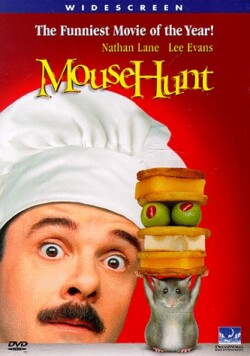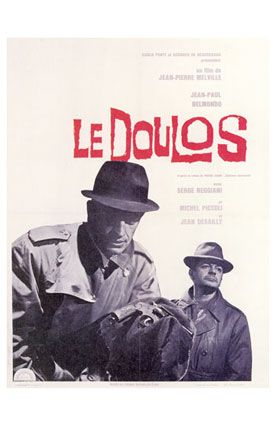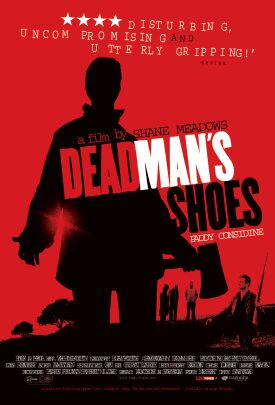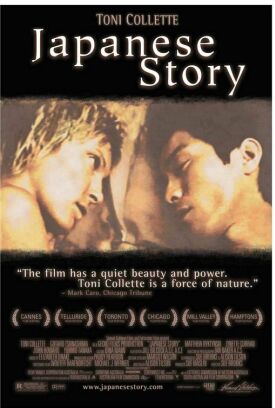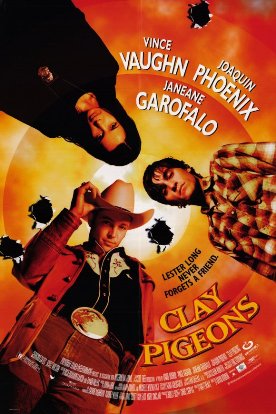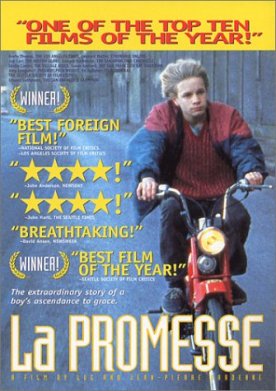Mouse Hunt
I really wanted to like Mouse Hunt, which was officially directed by
Gore Verbinski but unfortunately bears the hallmarks of the directorial style of
Steven Spielberg, out of whose “Dreamworks” studio it comes. Every now and then,
it is true, the skills of the comic duo of Nathan Lane and Lee Evans as the
brothers Ernie and Lars Smuntz afford us a glimpse of what these two might have
been in more sensitive hands—which is a latter-day Laurel and Hardy.
Lane’s Hardyesque desperation and Evans’s rubber-faced cluelessness, so
powerfully reminiscent of that of his fellow Englishman, Stan Laurel, are
constantly promising to become brilliantly, perfectly complementary. This could
have been a comedy to rival the cinematic classics. But there is always one kind
of Spielbergism or another getting in the way and obscuring our view.
The Spielbergian marks of doom are of two kinds. One comes with the film’s
relentless sentimentality over the blasted mouse, which is pursued with comic
fecklessness by the two brothers as they attempt to refurbish their one
possession, an architectural gem of a house left them by their recently deceased
father (played by the recently deceased William Hickey). Now one joke in which
the mouse gets the better of the bumbling brothers would have been quite enough,
it seems to me. But the comic intelligences behind this film don’t seem to have
been able to think of very many other jokes, so they just keep repeating the
same one over and over until, not surprisingly, the damned animatronic mouse
becomes the movie’s hero. This makes its cuteness even more annoying than it
would otherwise be.
Secondly, the quasi-Spielbergian quick-cut technique, whereby we are whisked
along breathlessly from one scene of comic mayhem to the next, allows us no
opportunity to get to know the Smuntz brothers as we need to know them for their
full comic potential to be realized. Verbinski’s weakness, like Spielberg’s, is
character development, and the great comedians always give us more of a sense of
their individuality than this kind of frantic treatment can ever allow to
emerge.
These things having been said (as the Romans would put it), there are some
excellent jokes and some good laughs in the film even as it is. One of my
favorites comes as Ernie is bemoaning the unlucky accident by which the mayor,
dining in his, Ernie’s, posh restaurant, happened to eat a cockroach and die.
Naturally the restaurant went out of business, leaving Ernie destitute. Was ever
man so victimized by fate? But, Ernie points out, the world’s turning upon him
is not his fault. He is a mere scapegoat. “The same thing happened to
Galileo.”
“Really?” says Lars. “That’s unbelievable. You mean with the cockroach and
everything?”
There are too few such moments. But the inspired lunacy of this line, and
Evans’s perfect timing in delivering it, suggests what might have been possible
if the writing and directing talents here had been the equal of the stars’.
Discover more from James Bowman
Subscribe to get the latest posts to your email.

